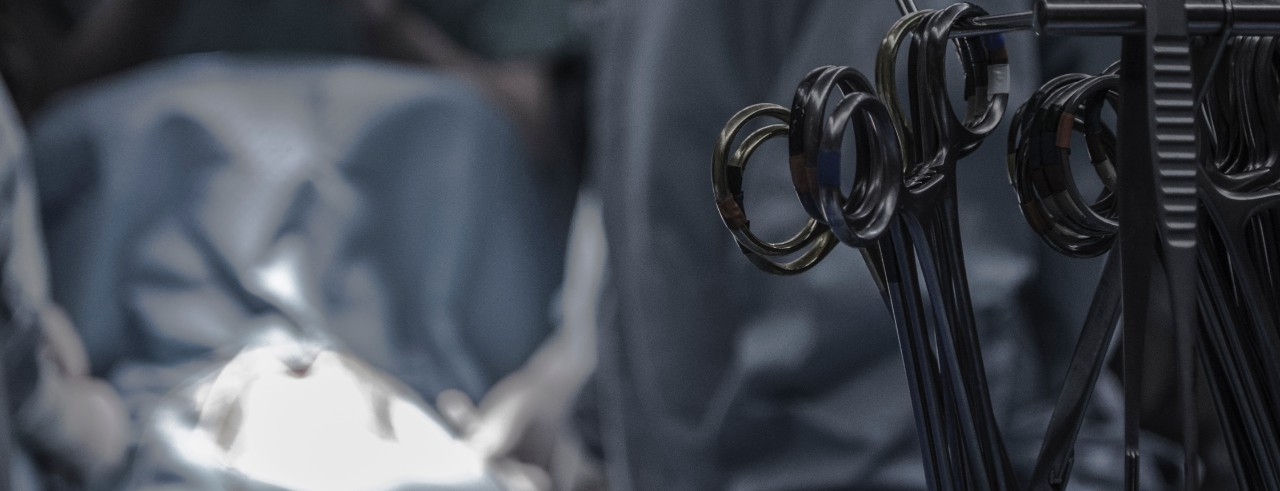
Healio: Immunotherapy does not increase surgery complications for oral cavity cancer patients
Treating patients with advanced oral cavity cancer with an immunotherapy drug prior to surgery did not increase the risk for serious complications and was shown to potentially reduce poor surgical outcomes, according to new research presented at the American Head & Neck Society Annual Meeting led by University of Cincinnati researchers.
Researchers led by Alice L. Tang, MD, assistant clinical professor in the UC College of Medicine, reviewed the data of 32 patients enrolled in a clinical trial who received the immunotherapy drug pembrolizumab prior to surgery.
Complications are common after surgery to remove primary oral cavity cancer. However, the results showed no relevant differences in surgical outcomes between the control group and those who received the immunotherapy other than a statistically significant decrease in instances of lockjaw among those who received the immunotherapy.
“A lot of us have been suspicious that perhaps immunotherapy could cause poor wound healing, and this contradicts other data that have already been published,” Tang told Healio. “Surgeons in the community and clinicians should be reassured that there is emerging data that tells us more about adverse events after neoadjuvant immunotherapy, and that perhaps we’ll be OK with wound healing in this scenario.”
Tang said further study is needed with a larger sample size of patients to confirm findings.
“Neoadjuvant immunotherapy is going to be more and more important for head and neck cancers, particularly advanced disease,” Tang said. “We really need to know much more about the surgical implications and how this can affect outcomes.”
Featured photo at top of surgical tools in an operating room. Photo/University of Cincinnati.
Related Stories
Mural by UC grad honors U.S. military history
July 17, 2024
Local 12 highlighted a new mural by University of Cincinnati graduate and artist Brandon Hawkins that pays tribute to U.S. military history.
Social media fuels extreme political rhetoric
July 17, 2024
UC College of Arts and Sciences Professor Jeffrey Blevins tells Local 12 that online algorithms fuel political polarization on social media.
Camp aims to empower children, teens who stutter
July 17, 2024
A one-week, evidence-based program for children and teens who stutter at the University of Cincinnati will teach kids to communicate effectively, advocate for themselves and develop confidence about their communication abilities. Camp Dream. Speak. Live., which is coming to Cincinnati for the first time July 22-26, began in 2014 at the University of Texas at Austin. The Arthur M. Blank Center for Stuttering Education and Research at UT expects to serve more than 2,000 children at camps across the United States, Africa, Asia and Europe this year.
